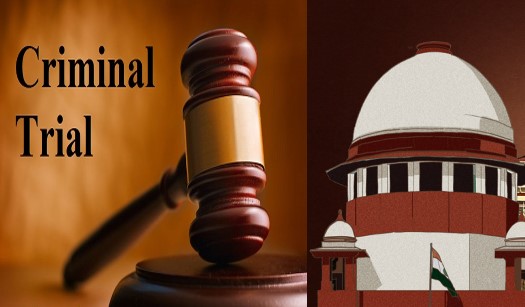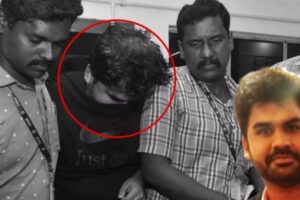
The Supreme Court has recently observed that trial courts have a crucial duty to conduct a proper preliminary examination of minor witnesses before recording their evidence.
This examination is necessary to determine if the child is capable of understanding and answering questions rationally.
The case involved an appeal against the conviction based mainly on the testimony of a minor witness. The appellant argued that the testimony lacked corroboration, contained material contradictions, and lacked reliability.
The bench of Justices Abhay S. Oka and Rajesh Bindal emphasized that under Section 118 of the Indian Evidence Act, the trial judge must record their opinion that the child witness is capable of understanding the questions and giving rational answers. The judge must also ascertain if the child understands the duty of speaking the truth. The court recommended recording the preliminary questions and answers to enable the appellate court to review the trial court’s opinion.
The court clarified that corroboration of a child witness’s testimony is not a rule but a precautionary measure. While children are susceptible to tutoring, this alone cannot be a ground for rejecting their evidence. The court stressed that the evidence of child witnesses requires careful scrutiny, with the court assessing the possibility of tutoring.
Examining the evidence in the case, the bench found that there was a possibility of tutoring and no support or corroboration for the child witness’s testimony. Therefore, the court concluded that relying solely on this testimony for conviction would be unsafe and allowed the appeal.
This judgment highlights the importance of proper examination and scrutiny of child witnesses in criminal trials, ensuring a fair and reliable assessment of their evidence.





